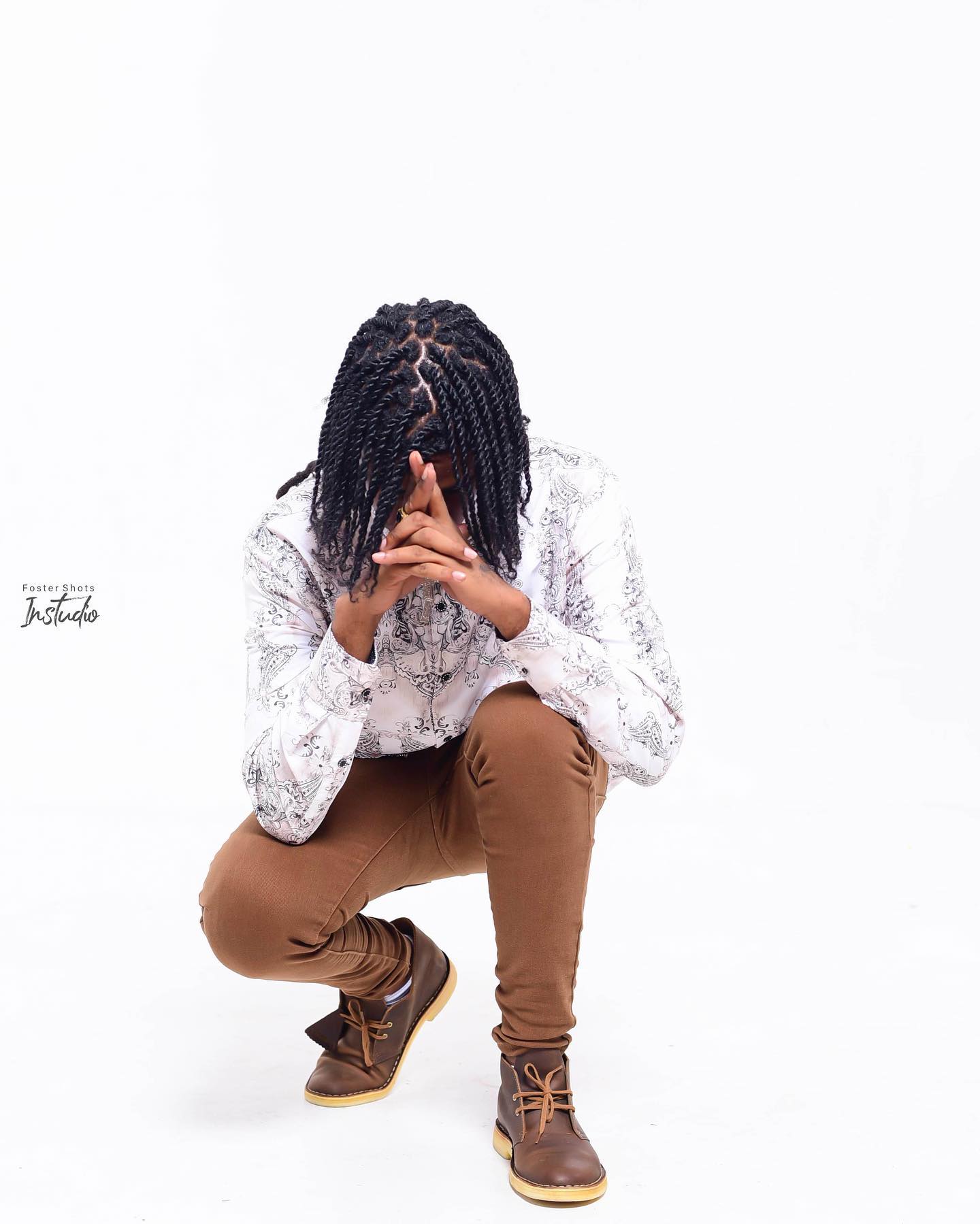Producer Styder Beats, located in England, and Jerry Wonda (Wonda Music) share a huge record called “Whine it,” which was performed by Jamaican musician “Intra.” This release combines dancehall music with an Afro beat edge, but it also contains a futuristic music with a genuine flow and vitality. His well-composed music gains clarity from his references to various Jamaican dance traditions and descriptions of the female body, which highlight attractiveness in addition to a melodic tone and projected voice. Check out the exclusive interview below:
1. Can you tell us a bit about where you come from and how it all got started?
INTRA: I am from Kingston Jamaica, I went to Calabar High School, I joined the choir in my first year of high school eventually I started constructing and composing songs in the back of my textbooks.
2. Did you have any formal training or are you self-taught?
INTRA: I don’t have any formal training, but working with my first professional engineer in 2009, whom guided me on how to deliver my vocals while recording and steps to make better songs.
3. Who were your first and strongest musical influences and why the name ‘INTRA?
INTRA: Growing up listening to reggae music in Jamaica as a child I learned to love and respect my culture. Bob Marley was a great inspirational influence for me. I was also encouraged by Aidonia (a Dancehall Artist) in 2010 where I learned a lot. I made an appearance on a popular TV show called On The Verge, which was aired on national television. I used to go by the name “Decent” in high school, as I got older I renamed myself to “Intretek.” My mother heard about my music and asked me if Intertek would be a suitable name for overseas or in the international scene, so I took the tek off of the name so it wouldn’t associate with the sub-machine gun and stuck to Intra.
4. What do you feel are the key elements in your music that should resonate with listeners, and how would you personally describe your sound?
INTRA: Lyrical content, I get good feedback on the various ways I construct lyrics. I try to be different and creative in the process. Using melody and adding a tone and singing from the heart, I would say that I bring my vibe to the beat.
5. For most artists, originality is first preceded by a phase of learning and, often, emulating others. What was this like for you? How would you describe your own development as an artist and music maker, and the transition towards your own style, which is known as POP?
INTRA: I choose to listen to different genres of music and learn from different cultures. Listening to classic songs and old hits gives me inspiration and ideas on various topics. From talking situations in everyday life to making reality songs to dancing and vibing to beats to make more up tempo music and finding challenges writing complicated rhymes.
6. What’s your view on the role and function of music as political, cultural, spiritual, and/or social vehicles – and do you try and affront any of these themes in your work, or are you purely interested in music as an expression of technical artistry, personal narrative, and entertainment?
INTRA: I wouldn’t get into politics in music. I do music with a positive attitude and mindset but I reflect on reality as well as sing about dancehall culture.
7. Do you feel that your music is giving you back just as much fulfillment as the amount of work you are putting into it or are you expecting something more, or different in the future?
INTRA: I am grateful for everything I’ve learned and experienced during my journey doing music. Working towards a better future and enjoy the opportunity for more exposure.
8. Could you describe your creative processes? How do usually start, and go about shaping ideas into a completed song? Do you usually start with a tune, a beat, or a narrative in your head? And do you collaborate with others in this process?
INTRA: It depends sometimes for me; the beat tells the story and I build the narrative based on the tempo or style of the beat. Sometimes I find myself writing without a beat and vocalize the lyrics into different melodies until I am pleased with what I have heard. Then either work with an engineer to construct an instrumental around the vocals arrangements, or use a beat already made. Sometimes I collaborate with the producer and their ideas infused with mine to complete the record.
9. What has been the most difficult thing you’ve had to endure in your life or music career so far?
INTRA: having to bear the loss of my Mother to sickness in October of 2022. I had a mental breakdown at that time.
10. With social media having a heavy impact on our lives and the music business in general, how do you handle criticism, haters, and/or naysayers in general? Is it something you pay attention to, or simply ignore?
INTRA: Honestly, I pay attention to the impact social media has. I take each comment into consideration, I appreciate both the good and the bad comments. I listen to the media, but I cannot concentrate on them, I concentrate on my music.
KEEP IN TOUCH:
INSTAGRAM | SPOTIFY | YOUTUBE


